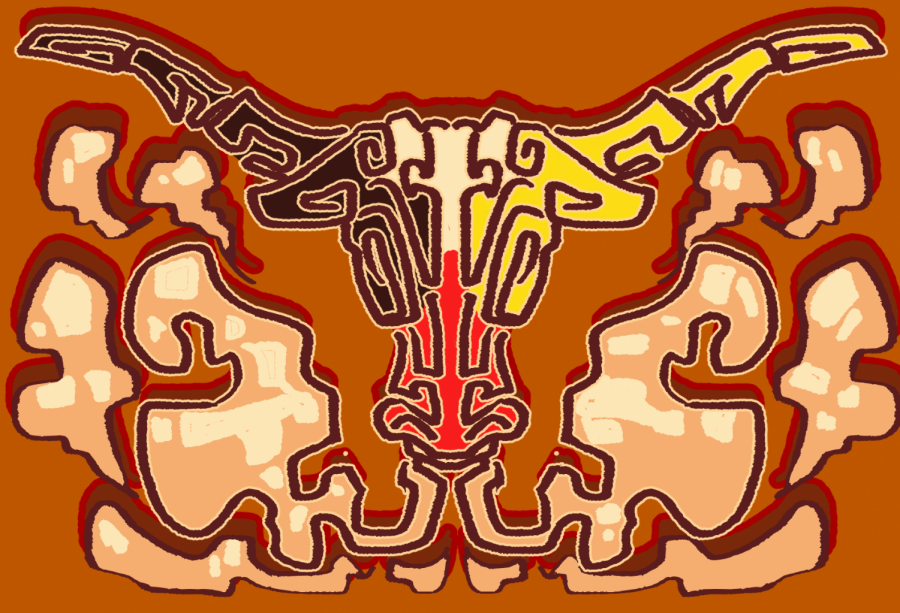UT Austin to expand indigenous language courses next semester
December 18, 2021
Editor’s Note: This article first appeared in the October 22 flipbook.
UT will offer online courses on four different Indigenous languages next spring that will be available for any student to access.
The University’s Indigenous Languages Initiative developed the courses to “promote and revitalize” Indigenous languages, according to their website. Offering these courses expands visibility for Indigenous peoples and their cultures, Quechua instructor Jermani Ojeda-Ludena said.
“To learn an Indigenous language is a process of decolonization, especially of our minds,” said graduate student Ojeda-Ludena. “To teach an Indigenous language is also (to) make visible the voice of millions of Indigenous people.”
Kelly McDonough, director of UT’s Indigenous Languages Initiative, said native speakers will teach the classes. The languages to be taught include Maya K’iche’, Nahuatl, Quechua and Mapuche.
The courses will incorporate audio, visual and written elements for students to learn the languages, McDonough said. Since the courses are open access, McDonough said she hopes it will give teachers around the world materials to adopt Indigenous language learning into their classrooms.
“(We want) to give people the opportunity to … interact with Indigenous literature, to be able to start to think about how the Indigenous worldview might be different from one’s own worldview,” McDonough said.
McDonough said the language courses have original learning materials, some of which were developed by visiting locations with native speakers and incorporating their expertise. There are 20 lessons of Quechua, 30 lessons of Nauhault and 40 lessons of Maya K’iche’ that are set to be released Jan. 1, McDonough said.
“Teaching Indigenous languages at a prestigious university or research university says something to the world about the value of Indigenous languages,” Mcdonough said. “It’s also a message to non-Indigenous people that we are still here — Indigenous people did not go away — we have complex, intellectual lives.”
Ojeda-Ludena said there is a lack of spaces to expand Indigenous languages because newer generations of Indigenous people prefer to speak Spanish or English for fear of discrimination.
Montserrat Madariaga-Caro, managing editor of the Native American and Indigenous Studies journal at UT, said people have a responsibility to learn about Indigenous cultures if they inhabit Indigenous land.
“The aim is not gaining knowledge of an ‘other’ as a research object, but to foster human relations of care among diverse peoples (and) acknowledging the context of colonial violence,” said Madariaga-Caro.












